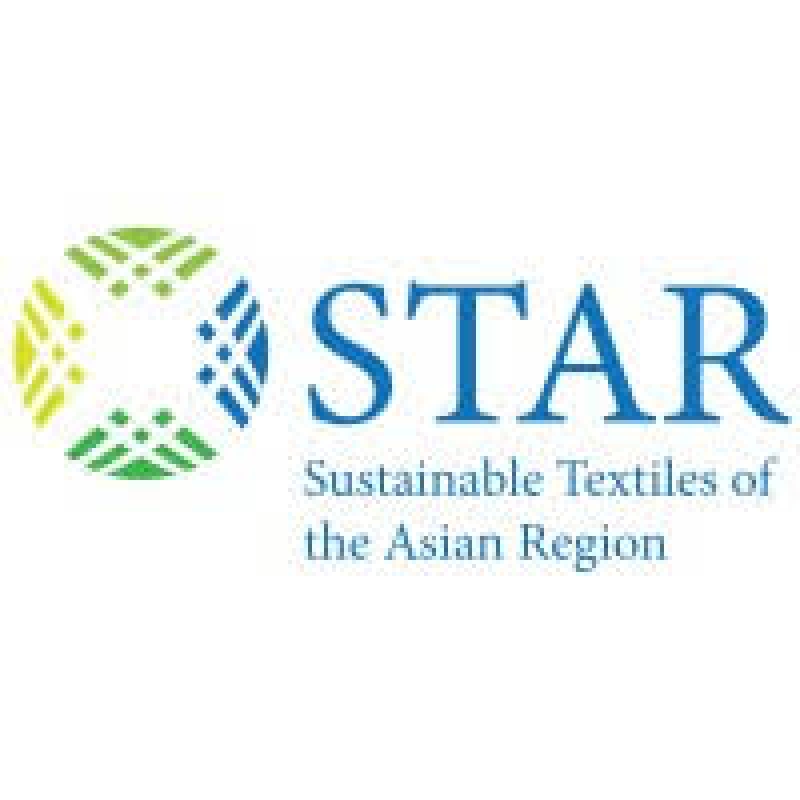- Intimidation or bloodshed cannot halt Bangladesh’s march to democracy |
- Khaleda Zia integral to an important chapter in BD history: Yunus |
- Enthusiasm marks Victory Day celebrations across Bangladesh |
- Dhaka-Delhi ties deep; to be shaped by trust, dignity, mutual respect |
- EU deploys election observation mission to Bangladesh |
STAR Network deepens sustainability commitment

The Sustainable Textiles of the Asian Region (STAR) Network, Asia's inter-regional alliance of garment producer associations, has reaffirmed its commitment to advancing sustainability by becoming a supporting organization of the Fashion Industry Charter for Climate Action convened by UN Climate Change.
This milestone underscores the collective ambition of STAR's nine national member associations - representing the garment, footwear, and travel goods (GFT) industries in Bangladesh, Cambodia, China, Myanmar, Pakistan, and Vietnam - to work together towards a more sustainable and climate-resilient future for the region's GFT sector, said a press release here today.
The Fashion Industry Charter for Climate Action brings together leading fashion brands, retailers, suppliers, and industry stakeholders in a united effort to align with the goals of the Paris Agreement, particularly the ambition to limit global temperature rise to 1.5øC above pre-industrial levels.
The Charter sets a clear pathway for decarbonization, committing signatories and supporting organizations to concrete actions such as achieving net-zero emissions by 2050, promoting renewable energy, and advancing circular business models.
By joining as a supporting organization, STAR Network strengthens its role as a regional voice for producers and suppliers in Asia.
The partnership will enhance advocacy on behalf of nearly 35,000 manufacturers across its member associations, ensuring supplier perspectives are represented in global sustainability dialogues and facilitate collaboration with major global brands and peer organizations to scale best practices, innovations, and policies that reduce emissions and environmental impact.
It will strengthen capacity building by creating opportunities for knowledge exchange, training, and technical support for manufacturers navigating the green transition and accelerate collective impact by fostering joint initiatives on renewable energy adoption, sustainable production practices, and transparent supply chains.
Fazlee Shamim Ehsan, Chairman of the STAR Network and Executive President of the Bangladesh Knitwear Manufacturers and Exporters Association (BKMEA), said, "This is a major step forward for the STAR Network. By joining the Charter, we are engaging more closely with global stakeholders to ensure that the voices of Asian suppliers are heard in the global climate movement. I look forward to working with our partners to accelerate sustainable practices across the supply chain, while ensuring that the transition is inclusive, fair, and beneficial to the millions of workers and communities who depend on this industry."
As a supporting organization, STAR Network is poised to engage in joint initiatives with the Charter, including regional renewable energy programs, supplier capacity building, and collaborative research to inform evidence-based policy. This commitment reflects STAR's dedication not only to the goals of the Charter and the Paris Agreement, but also to ensuring that sustainability transitions deliver shared value across the supply chain.
With its ever-expanding network of manufacturers and growing partnerships, STAR is uniquely positioned to amplify supplier voices, foster inclusive collaborations, and accelerate progress toward a more sustainable, resilient, and equitable future for the global garment industry, reports BSS.

